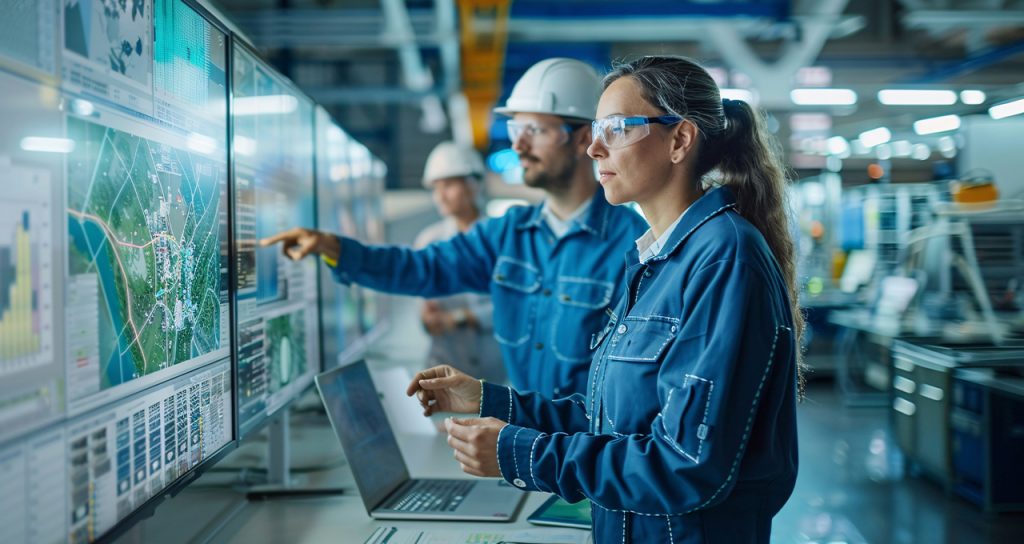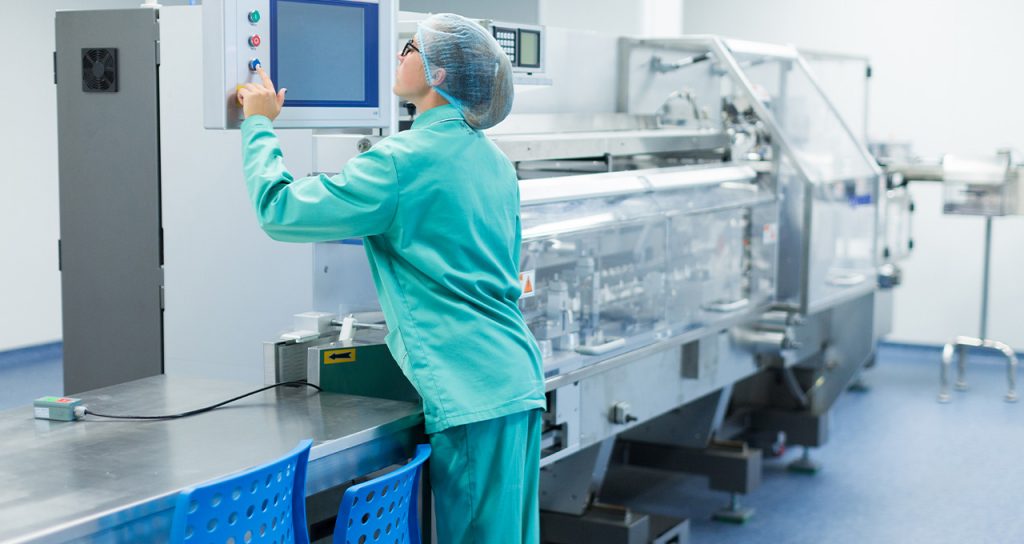According to Bruno Grandjean, chairman of the federation of mechanical engineering industries (FIM) and chairman of the board of the Redex group, digital technology will pave the way for a genuine renewal of French industry. But priority must be given to talent.
Mechanical engineering, whether it relates to machinery, robots or production systems, is central to all factories. In a way, engineers are the architects of factories. The digital revolution is, in this sense, a wonderful opportunity for France to get back into a race that it dropped out of in the 2000s.
Our loss of international market share has cost us the equivalent of €1,700 billion over the past 15 years! Industry today accounts for just 10% of France’s GDP compared with 20% in Germany. So we must replant a forest that has burned down. A tree doesn’t grow back in two or three years. Neither does a manufacturing sector. However, for the first time last year the sector created new jobs, and automation gained momentum, recording a 25% increase in sales.
This digital revolution will of course be based on a number of technological building blocks. But we will also and primarily see a management revolution. Today, an operator has access to the same level of data and information as a foreman or even an engineer. Work is increasingly performed as a network, in project mode. Each individual, within his or her work unit, is more empowered thanks to cobots and AGVs* among other things.
Indeed it’s precisely by improving the quality of work and ensuring greater involvement that productivity will be enhanced. In this new environment, there is no place for old-style pyramid organisation structures. Businesses like Michelin, Toyota and VINCI are at the cutting edge of such areas.
Humans and machines working hand in hand
Technology is facilitating this revolution. Previously, humans adapted to machines, which dictated the pace. Today, humans and machines work alongside each other, hand in hand.
The development of cobots, which have been removed from their cages to assist operators, will gradually eliminate all strenuous and repetitive tasks. The Internet of Things (IoT) is making machines intelligent, indeed sensitive, through the use of multiple sensors. It also changing business models, since it accesses specific data about products and the way in which products are used by clients.
Core competencies must be preserved to avoid being dependent on technology.
Jobs may be disappearing but new ones are emerging, for example in the world of cyber security, which is currently one of the major challenges facing industrial businesses. Some jobs are being reinvented thanks to digital technology, but it is important that others are not lost. Specific skills and core competencies must be preserved to avoid being dependent on technology.
It is evident today that the manufacturing sector has become aware of the need to modernise. The profession as a whole is involved in this modernisation drive through the launch of the “Alliance pour l’industrie du futur” (smart industry alliance) in July 2015 and the introduction of a new increased depreciation allowance to support investment in production facilities. So there are some signs that France has decided to react.
Giving priority to talent
This year, we will give priority to fostering talent, people who will be crucial to our competitiveness. What we’ve seen is that young people have turned away from industry. Of course we believe in artificial intelligence and new technologies, but we believe first and foremost in the men and women who will be involved in our businesses and who will be key to French industry’s success.
As a result, we will be carrying out a number of initiatives which will culminate in November in “L’Usine Extraordinaire” (extraordinary factory), an event to be held at the Grand Palais exhibition hall in Paris under the label “French Fab”. It involves creating a pop-up factory, and will feature machinery, operators and engineers. The event is set to tour France to show that industry is no longer about strenuous, noisy, dirty and dangerous working conditions, but rather innovation.
In 2018, our other priority is to ramp up the skills of senior executives in the sector through our accelerators, training programmes set up in 2016 with Bpifrance, a French public investment bank, and some Grandes Écoles (France’s prestigious higher education establishments) to spread new practices.
It is worth stressing again that the digital revolution in industry will first require a management revolution.
*Cobots: non-autonomous robots that handle objects in collaboration with human operators. AGVs: automated guided vehicles used to handle equipment.
19/03/2018




